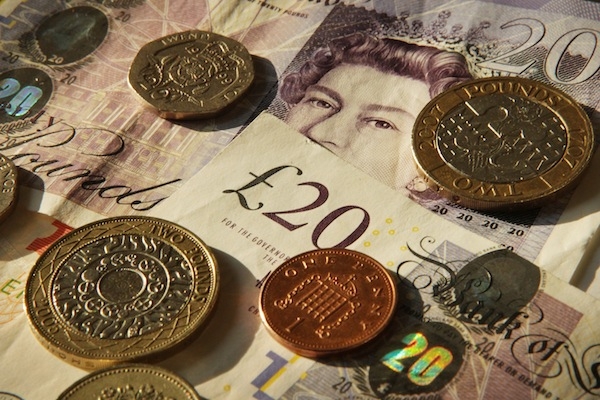There’s more on the government’s upcoming changes to business rates today, with a group of Britain’s biggest employers’ associations condemning the move.
The BBC reports on a letter written by 13 groups, including the British Retail Consortium, the Federation of Small Businesses, Revo, the Association of Convenience Stores, the British Property Federation and the CBI, who want ministers to drop the ‘outrageous’ increases to business rates. They are particularly angry about a clause they believe could prevent firms appealing against rate rises, even if firms can prove they are wrong.
The next business rates revaluation comes into effect on 1 April – the first for seven years. Retirees The Guardian reports on research by the Prudential insurance company which has found one in four people planning to retire this year will still have a mortgage or other debts to pay off and will typically owe about £24,000. The insurer says that the proportion of people who expected to retire in debt this year to be at its highest level for seven years, and that the level had risen to 44 per cent in London. Housing Mail Online reports on a new study by Lloyds bank focusing on London house prices. The bank says that house prices in the exclusive borough of Kensington and Chelsea have shot up by a massive 648 per cent during the past two decades. Today, the typical value of a home in the area is £1,857,287, up from £297,768 in 1996. It is the equivalent of £6,498 per month or around £200 a day.Spending
Spending on alcohol and cigarettes has almost halved in 15 years, The Times reports.
The paper said: ‘The amount spent by families on alcoholic drinks, tobacco and recreational drugs fell to its lowest level since modern records began, costing the typical household £11.40 a week last year compared with nearly £20 in 2001-02, according to the Office for National Statistics.’ Sterling At the time of writing, Sterling had fallen by 0.5 per cent to $1.2414 following the unexpected fall in retail sales in January. According to the Office for National Statistics, retail sales volumes dropped by 0.3 per cent month-on-month in January, much weaker than analysts’ forecasts. ONS statistician Kate Davies said: ‘In the three months to January 2017, retail sales saw the first signs of a fall in the underlying trend since December 2013. The evidence suggests that increased prices in fuel and food are significant factors in this slowdown.’





Comments